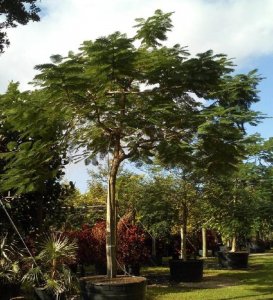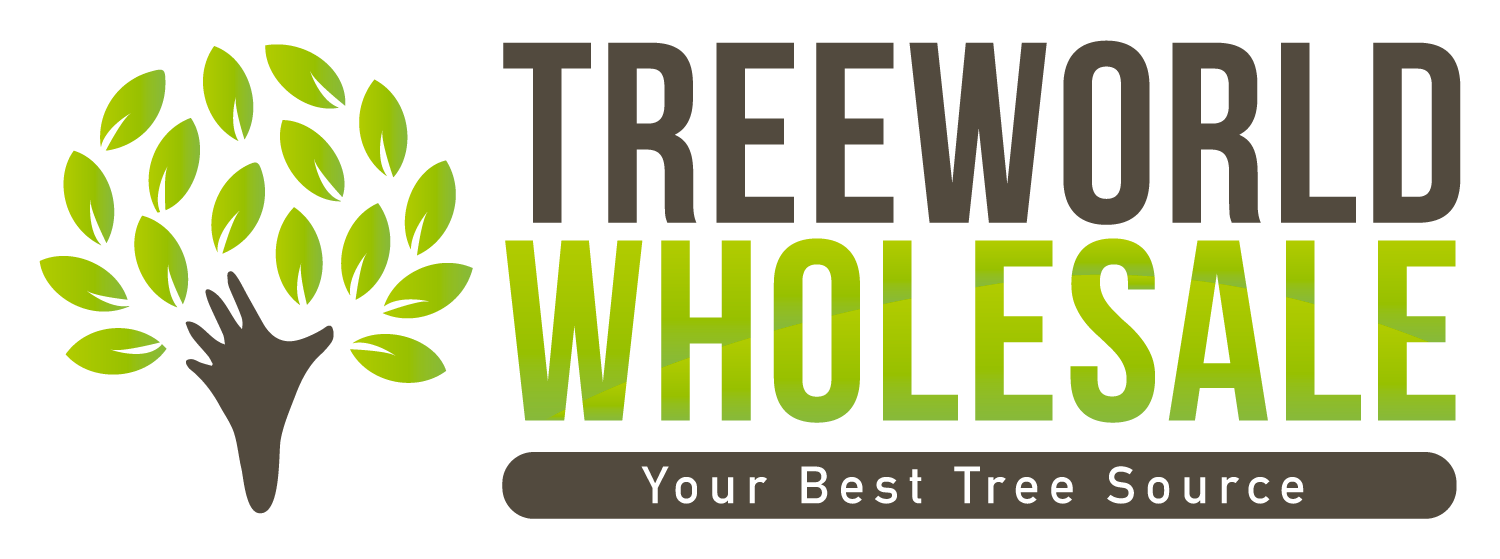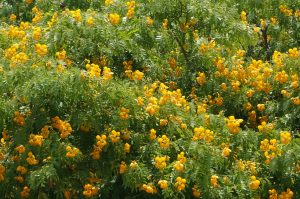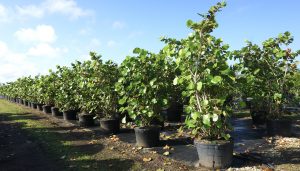Trees are an integral and vital part of human culture in a variety of ways! A summary of 10 reasons why trees are important, keep in mind it’s not in any particular order.
We know that ten is maybe not enough, because trees do so much more for us that we can think of. Trees are important, or even more than that they are vital. Have you ever reflected on how trees contribute to our daily life? Or whats their real importance in the community?
Top 10 Reasons Why Trees Are Important:
1. Myth and Ritual
Trees have a tight relationship with human and animal origin myths in certain cultures. As well as the consideration of Tree of Life, mostly because of the multiplicity of useful products they provide. Especially for subsistence-level people. In Western Civilization, the Christmas tree is a good example of ritual tree use.
2. Aesthetics
Trees enhance the beauty of any kind of landscape, natural or artificial. Because of their variable sizes, shapes, leaf and flower colors and fruits, there is actually a tree for every landscaping situation.
3. Forest habitat
As the largest plants in a forest, trees form conditions for the growth of shade-loving plants and support for the growth of vines and epiphytes, as well as creating essential habitat for populations of small and large. 
4. Windbreaks
Natural stands of trees, or trees planted in rows oriented at right angles to prevailing winds. Providing shelter for humans, wild and domesticated animals and agricultural crops. In addition to protecting crops from physical damage, windbreak trees can reduce water loss from plants and lessen overall water needs. In the middle and high latitudes, windbreaks reduce the velocity of cold winter winds and halt drifting snow.
5. Wood products
Why tree is important? Throughout human history, wood in the form of logs or lumber has been an essential building material. Providing shelter for families, animals and for food and other storage purposes, and for boats. Structures and objects made of wood, if kept dry and secure from boring insects, it can last for decades or longer. Wood durability is directly related to is its density; hardwoods lasting far longer than softwoods.
6. Nontimber forest products
Some examples of these products are gums, resins, tannins, oils, bamboos and rattans. Fuelwood and charcoal made from it are globally essential products.
7. Fruits
Many of the world’s edible fruits are grown on trees: apples, oranges, peaches, cherries, dates, coconuts, mangos and avocadoes, to mention a few of the major cultivated fruits. A number of edible wild tree fruits are found in Florida, for example, sea grapes (Coccoloba uvifera) and pond apples (Annona glabra).
8. Nuts
Similarly, tree nuts are very important worldwide. For example, walnuts, pecans, cashews, pistachios, chestnuts, Brazil nuts, almonds, pine nuts and macadamia nuts. A large number of edible wild tree nuts exists, such as acorns and hickory nuts.
9. Carbon sinks
As large woody plants, standing trees are composed of about 50 % carbon. A large tree may contain up to 1 ton of carbon. Cutting down a tree will eventually return that quantity of carbon to the environment, whereas planting a tree will ultimately remove it. Trees represent one of the key factors globally in the regulation of the CO2 concentration in the atmosphere, and its increasing content a contributor to global warming.
10. Oxygen source
It is said that forests are the lungs of the world, because as part of leaf photosynthesis processes, they absorb CO2 from the atmosphere and give off oxygen.





Post a comment